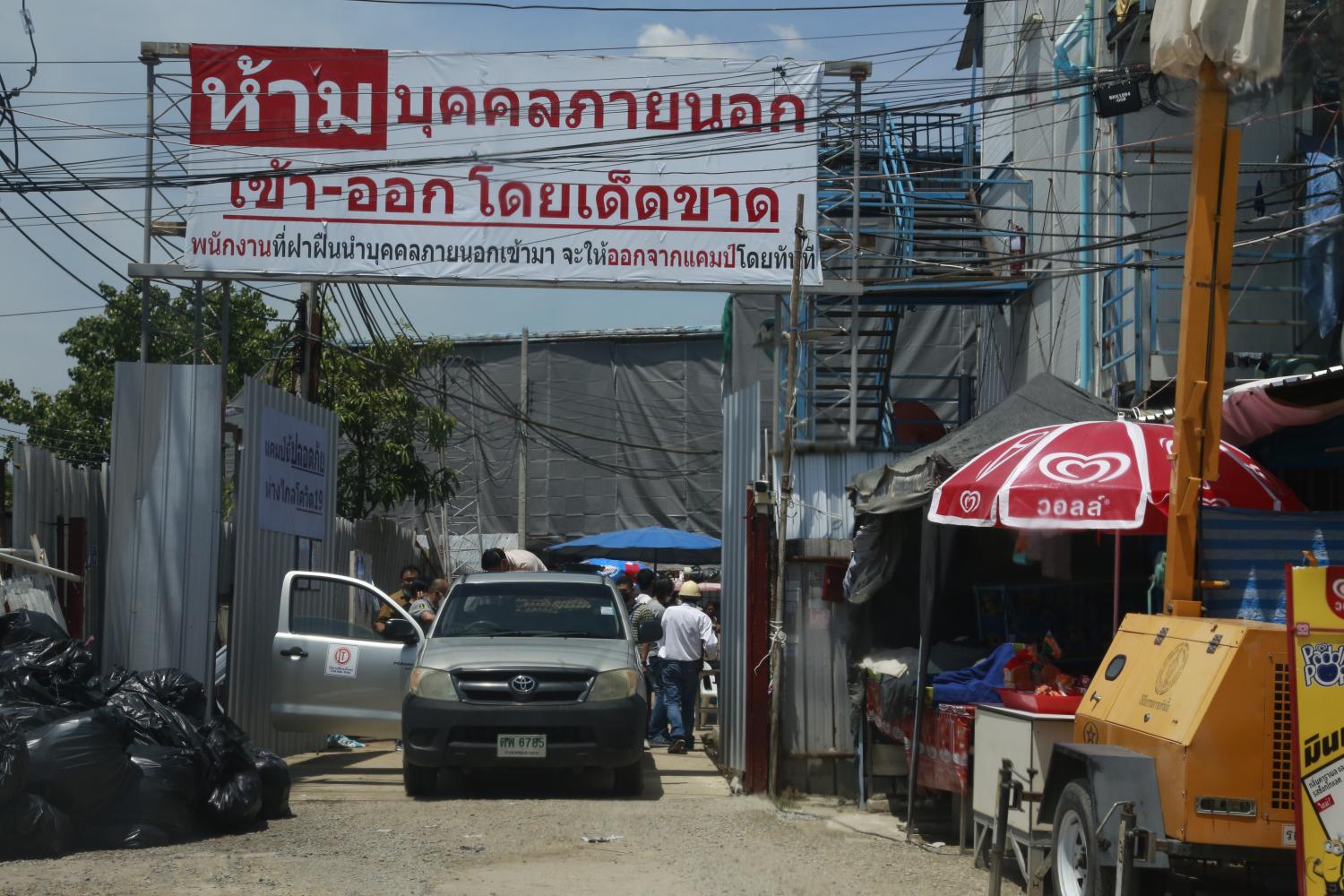
Thailand’s housing sector faces contraction risk as covid-19 cases rise
The expanded lockdown measures and 30-day closure of construction sites and worker camps since early this month will plunge the housing market into a severe contraction, according to property experts.
Vichai Viratkapan, acting director-general of the Real Estate Information Center (REIC), said there is a very high chance that the housing market this year will come close to a worst-case scenario.
“Purchasing power has not recovered yet,” he said. “With expanded lockdowns, homebuyers will delay purchases as they are not confident to spend at the moment.”
He said the lockdown would further dampen the residential market which is now feeling the impact of the 30-day closure of construction sites and workers’ camps in Greater Bangkok since early this month.
The closure will cause a delay in housing transfers as construction work is frozen.
Developers that had a sales backlog will not be able to transfer residential units to customers.
“Tourism recovery may be further prolonged as Thailand was removed from the safe list last week. As a result, locals’ incomes, which depend on the tourism industry, will slow,” Mr Vichai said. “It is also more difficult to expect demand from foreign buyers.”
REIC predicted a worst-case of nationwide residential transfers hitting a slump of 19.7% to 288,045 units from 358,496 units in 2020.
The base case is a decline of 10.7% to 320,051 units and the best case is a decrease of 1.8% to 352,056 units while the three-year average is 381,407 units.
The worst-case for transfers of low-rise houses and condos was a drop of 20.3% to 188,178 units and a decrease of 18.4% to 99,868 units respectively.
For the supply side, the worst case for the number of construction permits nationwide was a drop of 15.6% to 275,079 units from 326,047 units last year with a five-year average of 338,610 units.
The number of construction permits for condos may see a drop of 33.6% while those of low-rise houses are expected to decrease by 9%.
Issara Boonyoung, honorary president of the Housing Business Association, said the direct impact from the expanded lockdown measures on the property market would be difficulty in the installation of electricity and water supply metres.
“Some branches of utility agencies have had to temporarily close down. Some others are refusing to get a submission of the request form,” he said. “This will delay housing transfers to homebuyers.”
He suggested the government allow utility agencies to provide installation services as it requires only one or two officers.
“A recovery of the property market this year will be difficult due to insufficient vaccinations and testing as well as hospital beds,” he said. “Developers should manage cash flow, take care of their staff and prepare for the worst-case situation.”
Source: https://www.bangkokpost.com/business/2151435/housing-sector-faces-contraction-risk-as-cases-rise


